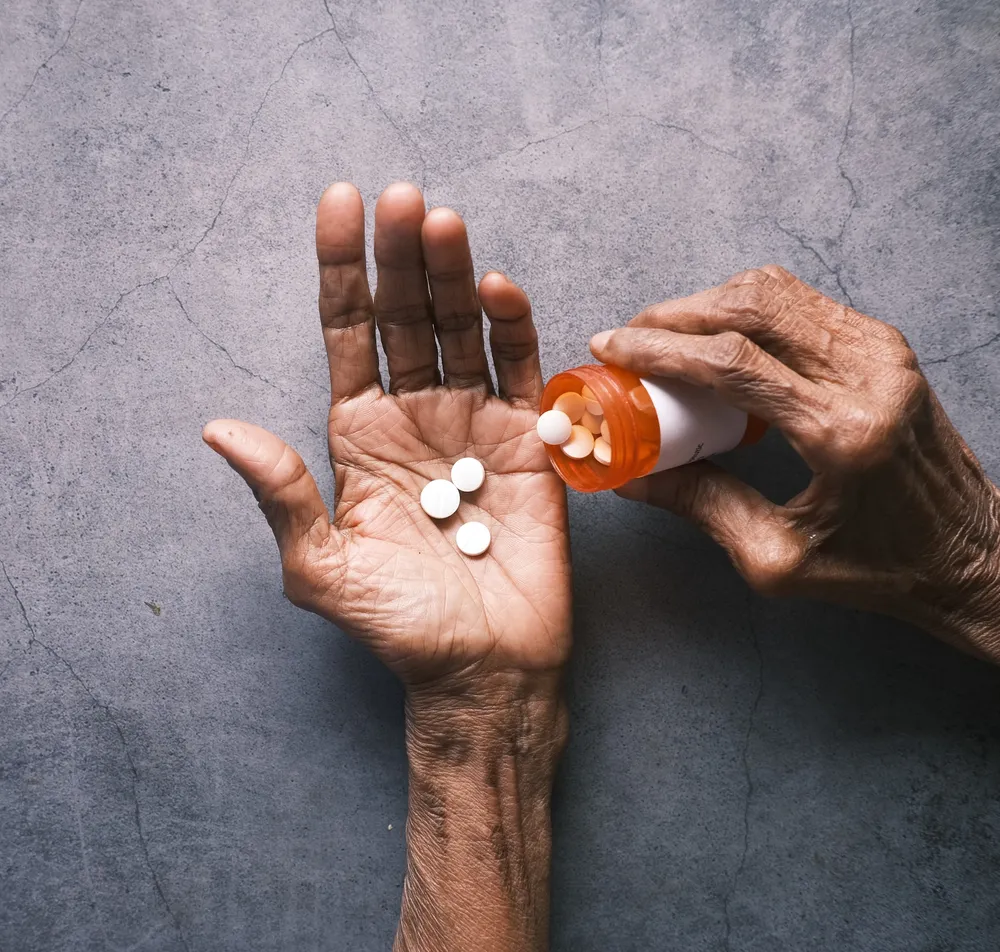How Common Are Opiate And Heroin Addictions?
Do heroin or opioids sound like a rare occurrence? In fact, the opposite is true. Addiction to opiates is one of the fastest growing addictions in the US. Moreover, opioids are connected to a number of other health risks. Heroin falls under the umbrella of more general opioid addictions, as well as fentanyl, which is a synthetic opioid. There are also prescription pain relievers that can opioid-based and highly addictive.
Whether you or a loved one are currently struggling with an opioid addiction, the first thing to know is that you’re not alone and that help is available. You can overcome your addiction to opioids with the right resources and the help of a professional treatment center.
How Does Opioid Addiction Happen?
Not everyone addicted to opioids begins using through illegal means at first. Most commonly, the addiction starts with the misuse or abuse of a prescription opioid drug. In many cases, a person has an accident or acute condition, begins taking opioid painkillers, misuses or attempts to adjust their dose, and unexpectedly becomes addicted.
In short, anyone can become addicted to opioids. Even short-term opioid use can lead to abuse and addiction. When a person takes opioids, their brain releases endorphins—the “happy chemical.” Simply put, this is what minimizes feelings of pain and intensifies feelings of pleasure. But after the opioids wear off, you begin to crave those feelings again and seek out how to get them. This is often a first stepping stone towards a potential addiction.
As time goes by, a person’s tolerance may increase which leads to seeking out more intense opioids such as illegal substances like heroin. Once this occurs, it becomes more difficult to recover. But there’s always a way out—getting help at Impact Recovery is only a phone call away.
What Are The Warning Signs Of Opioid Abuse?
Spotting opioid abuse early is one of the most effective ways of preventing an addiction from developing. So, what should a person look for in recognizing symptoms of abuse? The most common warning signs associated with opioid abuse and addiction include:
- Needle marks on those who inject opioids
- Difficulty sleeping
- Reddish and itchy skin
- Small pupils
- Extreme mood swings
- Avoiding activities that were once enjoyable
- Risky behavior, such as driving under the influence
- Visiting multiple doctors to get more prescriptions
- Abusing with higher doses than what’s prescribed
Remember, the sooner you seek help, the better! Furthermore, if you’re living with an underlying mental health condition or other co-occurring disorder, professional help is essential.
What Are The Signs And Symptoms Of Opioid Addiction?
Addiction can start when a person abuses painkillers for recreational or medical reasons, even for a short period of time. Soo, they may find themselves addicted to opioids. They might be surprised one day when they decide not to use, and start to feel the withdrawal symptoms associated with opioid dependence. These symptoms can include:
- Nausea
- Depression
- Insomnia
- Increased irritability
- Muscle cramping
- Intense cravings
When a person begins to experience withdrawal symptoms, it can be very difficult for them to quit. Oftentimes, these withdrawal symptoms will manifest even before the person knows what they are. This is even more common if they are in denial about their addiction. However, they’ll find that when they use opioids again, their symptoms disappear. Such a cycle of addiction can continue for years.
What Treatment Options Are There For Opiate Withdrawal And Addiction?
Opiate withdrawal is tricky and can be physically dangerous without professional intervention. The first step is to complete a medically supervised detoxification process. While opioid withdrawal symptoms are not life-threatening, they are extremely uncomfortable. In a professional treatment center, access to medical support can help reduce discomfort and lower the risk of relapse.
A recent study followed over one hundred individuals addicted to opioids through detox and treatment to see how effective it was in the long-term. For those that didn’t relapse, the common factors were:
- Consistent treatment
- Continued education
- Stable employment
- Less relationship disruptions
Both heroin and other opioid addiction treatments are require professional treatment centers. While there is a wide spectrum of treatment programs available, the best options are those that take a comprehensive and customized approach.
How Long Does Opioid Addiction Recovery Take?
Every person is different. Therefore, every person’s treatment plan will adapt to their unique needs. With this in mind, there’s no set number of days, weeks, or months of how long treatment should take. Everyone’s experience is different, but recovery is a lifelong journey of healing and growth.
There are other factors that play a role in addiction treatment. For instance, if you started using opioids to numb emotional pain associated with past trauma, your treatment plan should address both of these areas. When you begin to work through the trauma that led you to use, you’ll learn healthier coping skills. In turn, these will help you to set and achieve your healing goals.
Although most people addicted to opioids will join an inpatient program, many clients also benefit from outpatient and aftercare programs. In this case, inpatient treatment typically lasts around three months. After that, outpatient programs usually including attending one to two sessions every week.
No two people suffering from heroin and opiate addiction are the same. Since each client is unique in regard to their background and mental health, each treatment plan should be personalized. Taking dual diagnoses seriously is also an important factor. This means that both symptoms of addiction and mental health conditions must be addressed. Whether you are suffering from anxiety or PTSD, Impact Recovery can help you break the cycle. Give our professional team a call today and start your journey of working towards a happier, healthier future.
